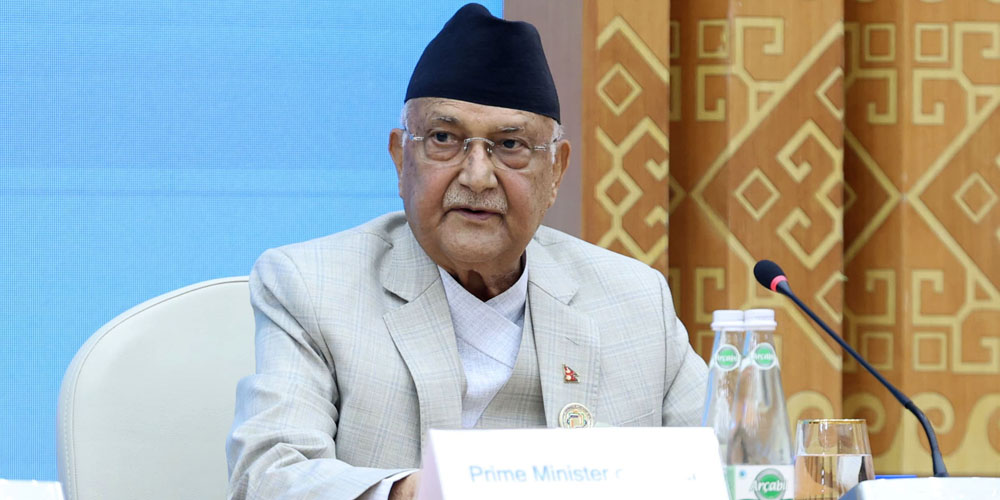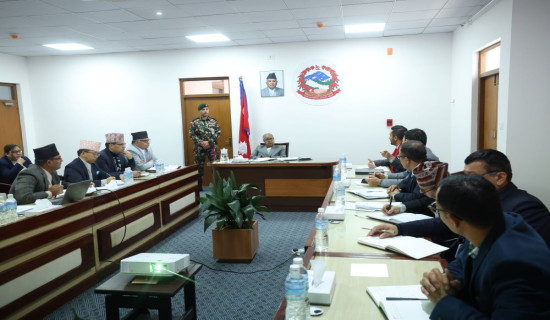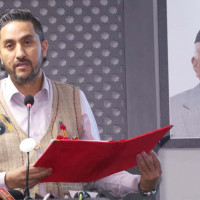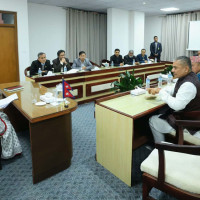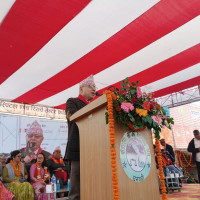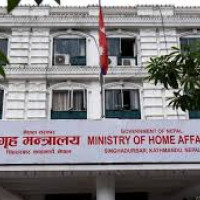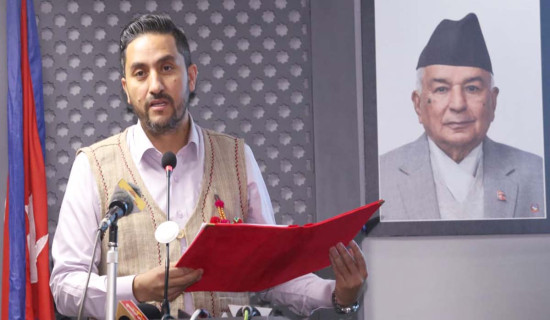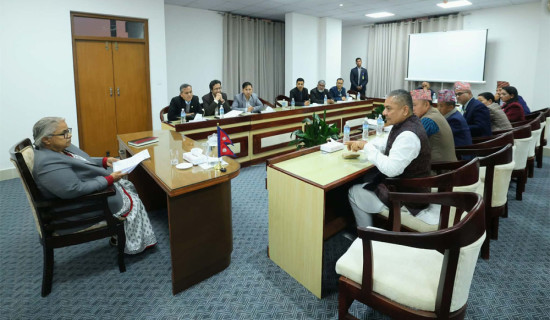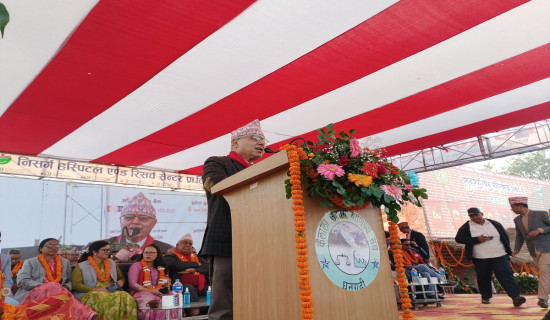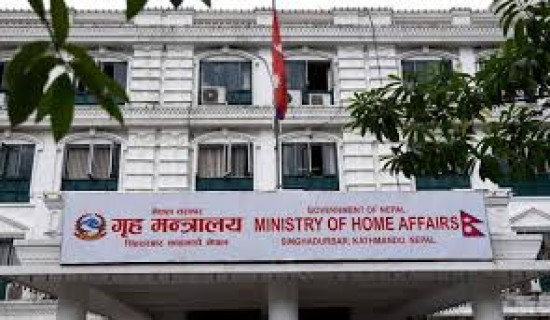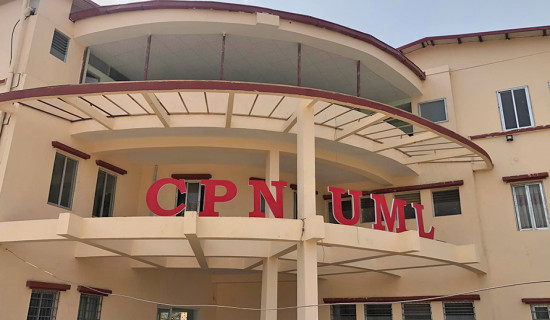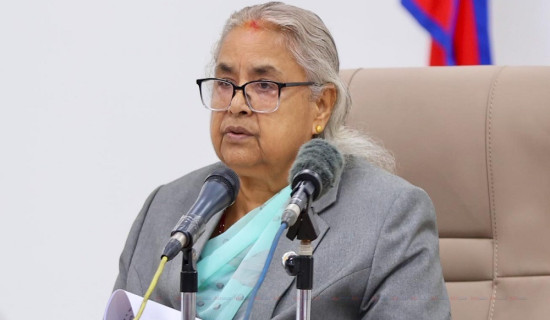- Tuesday, 9 December 2025
PM lauds Awaza Programme of Action as instrumental for structural transformation
Awaza (Turkmenistan), Aug 6: "Geography should never limit human ambition, especially in today’s interconnected and technologically advanced world.
Yet for Landlocked Developing Countries (LLDCs), geographical constraints remain a significant structural barrier to progress," said Prime Minister KP Sharma Oli.
Attending the Ministerial Meeting on South-South Cooperation held on the sidelines of the Third UN Conference on Landlocked Developing Countries (LLDCs) here today as the chief guest, he said that these challenges are further intensified by a confluence of global crises—geopolitical tensions, food and energy insecurity, rising inflation, and shrinking fiscal space.
In the face of these compounding pressures, the LLDCs are striving to mobilize domestic resources, attract foreign investment, and secure development assistance. However, progress is faltering: Official Development Assistance and Foreign Direct Investment flows to LLDCs are on a persistent decline, according to the Prime Minister who leads the Nepali delegation to the Conference.
He added that development cooperation is often misaligned with national priorities, limiting its long-term impact.
The Prime Minister further emphasized that meanwhile, the accelerating impacts of climate change continue to disproportionately erode the hard-won development gains of LLDCs. In this challenging context, the Awaza Programme of Action brings much-needed optimism and direction. "It presents a forward-looking and practical roadmap—anchored in structural transformation."
In his opening remarks to the ministerial meeting, he said, "In this endeavor, South-South Cooperation can be instrumental to support LLDCs."
The partnerships under South-South Cooperation enable LLDCs to exchange knowledge and mobilize resources to deliver measurable and lasting results, he stressed. "Rooted in solidarity, mutual respect, and shared ownership, South-South Cooperation promotes peer learning, capacity development, and technology transfer tailored to the unique needs and aspirations of LLDCs—helping to build a more equitable and inclusive growth."
Highlighting four strategic actions to deepen South-South cooperation for the successful implementation of the Awaza Programme of Action, he said:
"First, we must harness South-South and triangular cooperation to promote regional integration by investing in resilient physical and digital infrastructure.
Second, we must work collectively to develop trade and transit corridors, modernize infrastructure, and harmonize customs procedures to enhance cross-border trade and investment.
Third, it is critical to establish the Infrastructure Investment Facility for LLDCs, enabling us to finance priority development projects.
Fourth, we must embrace and accelerate digital transformation to participate meaningfully in the global digital economy."
Expressing Nepal's commitment to working in close partnership with fellow LLDCs, transit countries, and development partners to unlock our collective potential, he said, "Together, we can build bridges of opportunity, break barriers of exclusion, and deliver prosperity to our people."(RSS)

